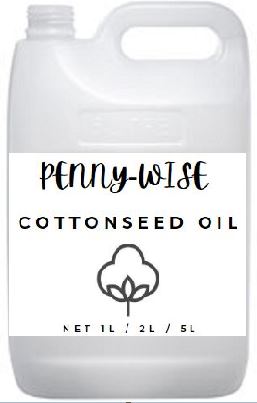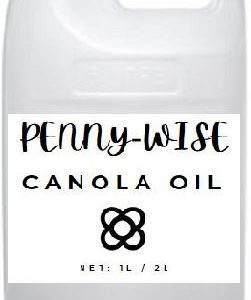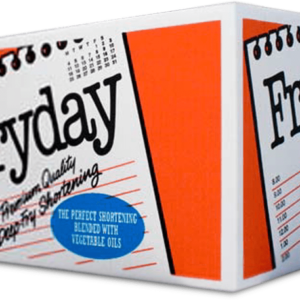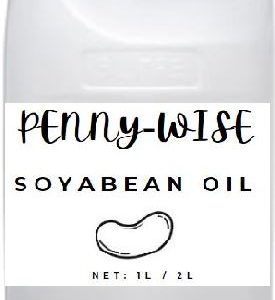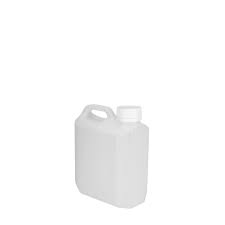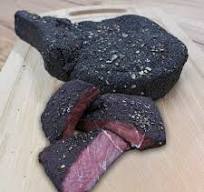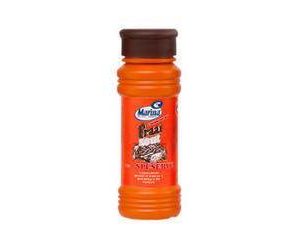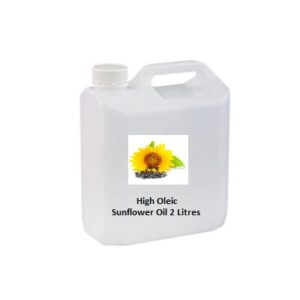Description
ABOUT:
PENNY-WISE ECONOMY RANGE – COTTONSEED OIL
Cottonseed is a plant-based byproduct of the cotton plant. In the ginning process, cotton fiber is separated from the seed and later in the process cottonseed oil is extracted from the seed.
Cottonseed oil has been used by chefs for decades. It’s revered for its versatility, high smoke point and neutral flavor.
Cottonseed oil offers several benefits to enhance culinary creations:
- Flavor: Its neutral taste allows the foods it’s cooking or blending with to stand out.
- High Performing: It is extremely stable with a long shelf life and high smoke point.
- Versatile: It can be used for everything from dressings and frying to baking and sauteing.
- Kosher: Cottonseed oil is considered an acceptable choice for kosher cooking.
FRYING
It has a high smoke point of 450°F so it won’t break down as fast as other oils when frying foods. Cottonseed oil is popular for stir-frys, tempura-fried dishes, battered fish and fried chicken. Cottonseed oil is also sought-after for whole turkey frying.
French fries
From steak fries and crinkle-cuts to shoestrings and pomme frites, menuing French fries is often the common denominator from fine dining to QSR. A critical element to the achieving a great fry is often the oil it is fried in. A recent feasibility study found cottonseed oil may produce French fries with similar sensory quality, if not better, as other frying oils. The study, funded by Cotton Incorporated and conducted by the Food Innovation Center at Oregon State University, looked at the differences and preferences of the three most commonly used restaurant frying oils in terms of sensory quality, fry yield, and oil consumption. Cottonseed Oil performed well, and in some cases, produced better quality in terms of crispness, aroma, color and overall flavor.
Chips
Cottonseed oil enhances the natural taste of foods, rather than contributing its own flavor. Its desirable bland flavor makes it a preferable choice for chip production because of the “nutty, buttery” flavor it develops when exposed to heat or light. Unlike other oils, cottonseed oil doesn’t experience undesirable flavor reversion.
BAKING
Baked goods, like cake and breads, often contain cottonseed oil. In baking, cottonseed oil is used as a moistener and tenderizer by coating structure building components such as gluten, and starch, thus preventing their excessive hydration. It also provides a moistness and smoothness by interfering with sugar crystallization and enhancing smooth sensation in the mouth.
DRESSINGS & SAUCES
Mayonnaise
Several brands of mayonnaise use a cottonseed oil blend as the main ingredient. Both mayonnaise and salad dressing spread blend oil with other ingredients like egg yolks, corn syrup and vinegar. Mayonnaise producers like cottonseed oil because the light taste lets the flavor of the spread come through.
Salad Dressing
Many varieties of salad dressing contain cottonseed oil. With its mild taste and clear light golden color, cottonseed oil is the base of many types of salad dressing such as ranch, thousand island and blue cheese. Even some olive oil-based Italian dressings will sometimes contain a cottonseed oil blend.
For more information about cottonseed oil including videos from Chef’s Roll sharing multiple ways you can fry, bake and blend with cottonseed oil, visit www.cottonseedoil.org.
NUTRITION OVERVIEW
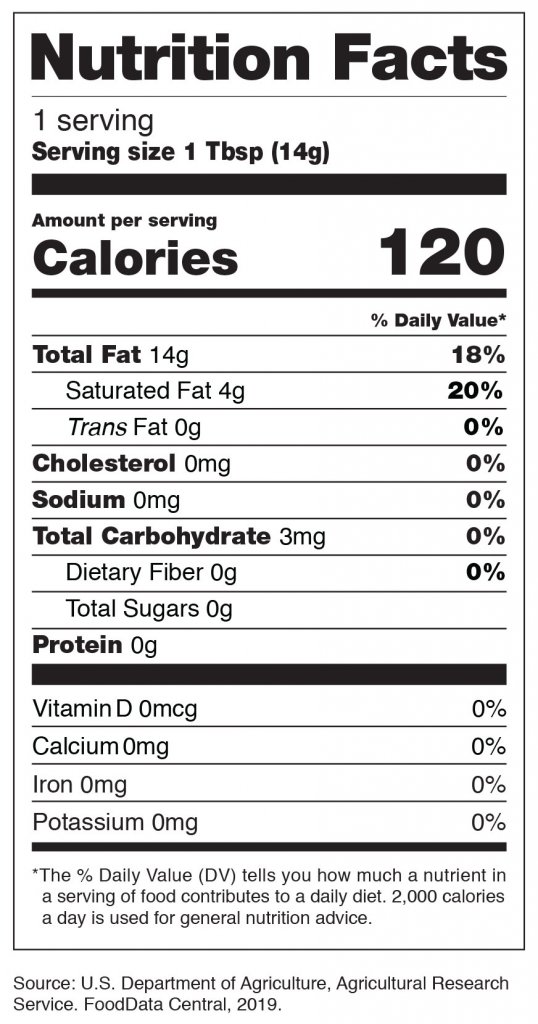 One serving of cottonseed oil (1 tablespoon) is an excellent source of vitamin E (4.8mg/32%RDV), has 14 grams of fat (4 grams saturated/0 grams trans fat) and is cholesterol free. Vitamin E is an antioxidant that protects the body tissue from damage and helps keep the immune system strong.
One serving of cottonseed oil (1 tablespoon) is an excellent source of vitamin E (4.8mg/32%RDV), has 14 grams of fat (4 grams saturated/0 grams trans fat) and is cholesterol free. Vitamin E is an antioxidant that protects the body tissue from damage and helps keep the immune system strong.

